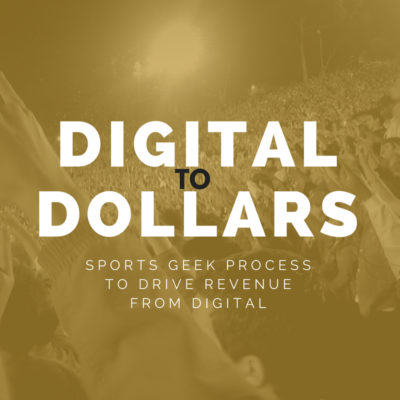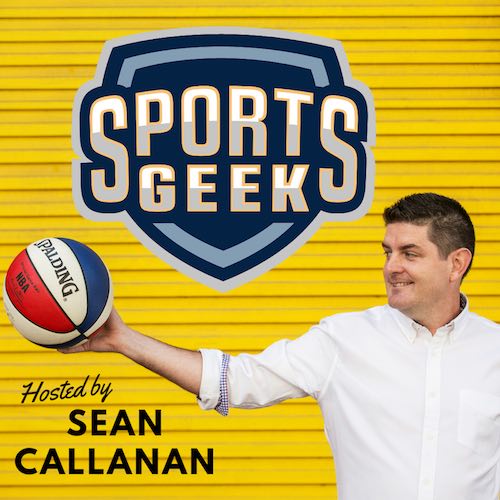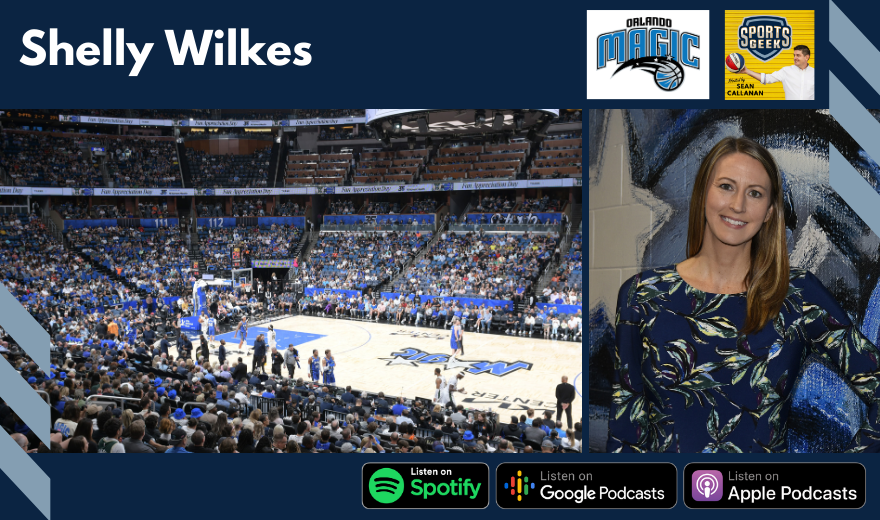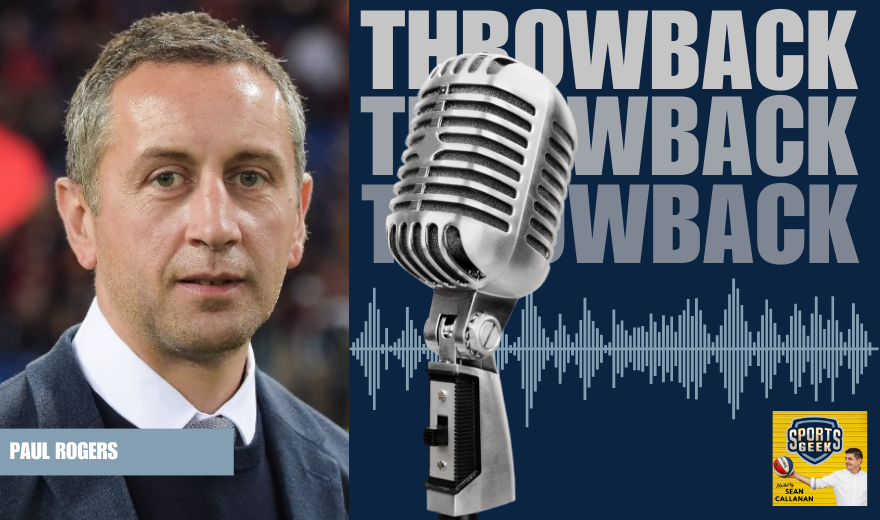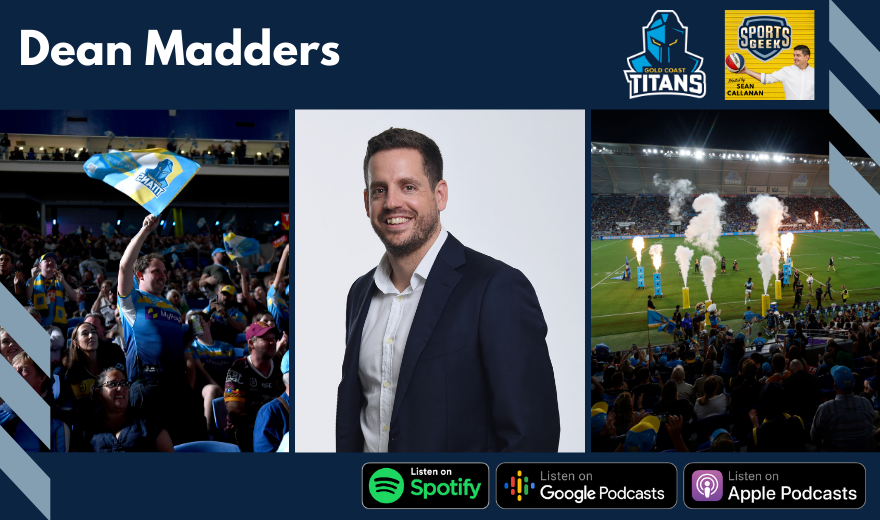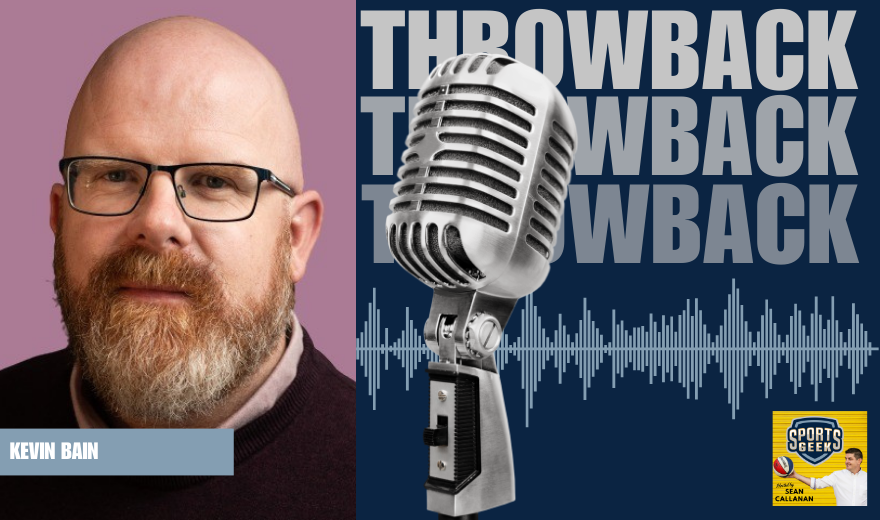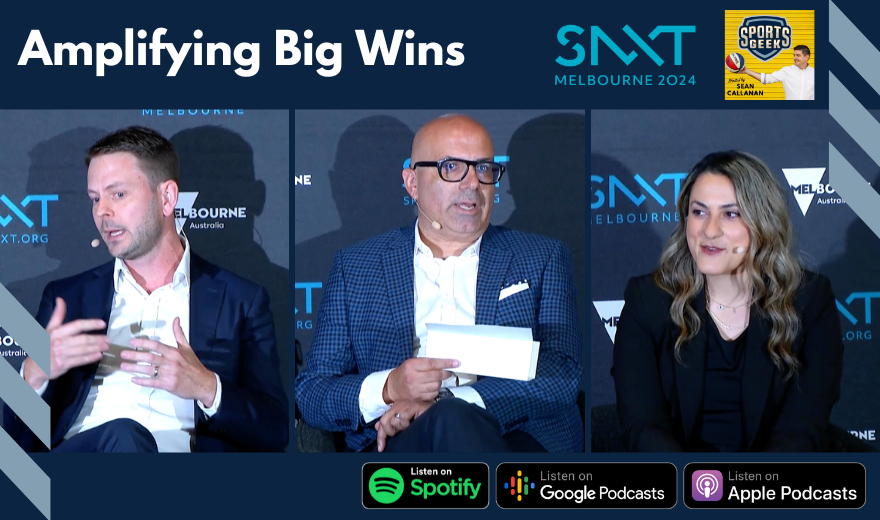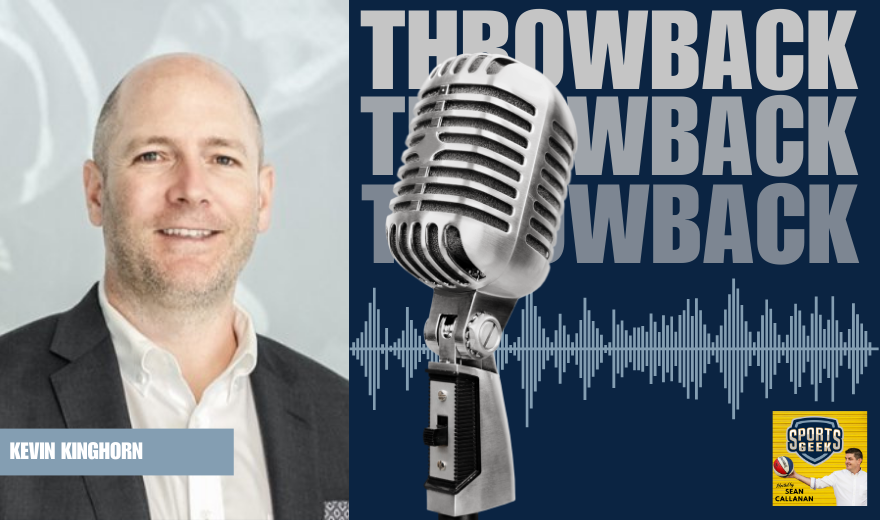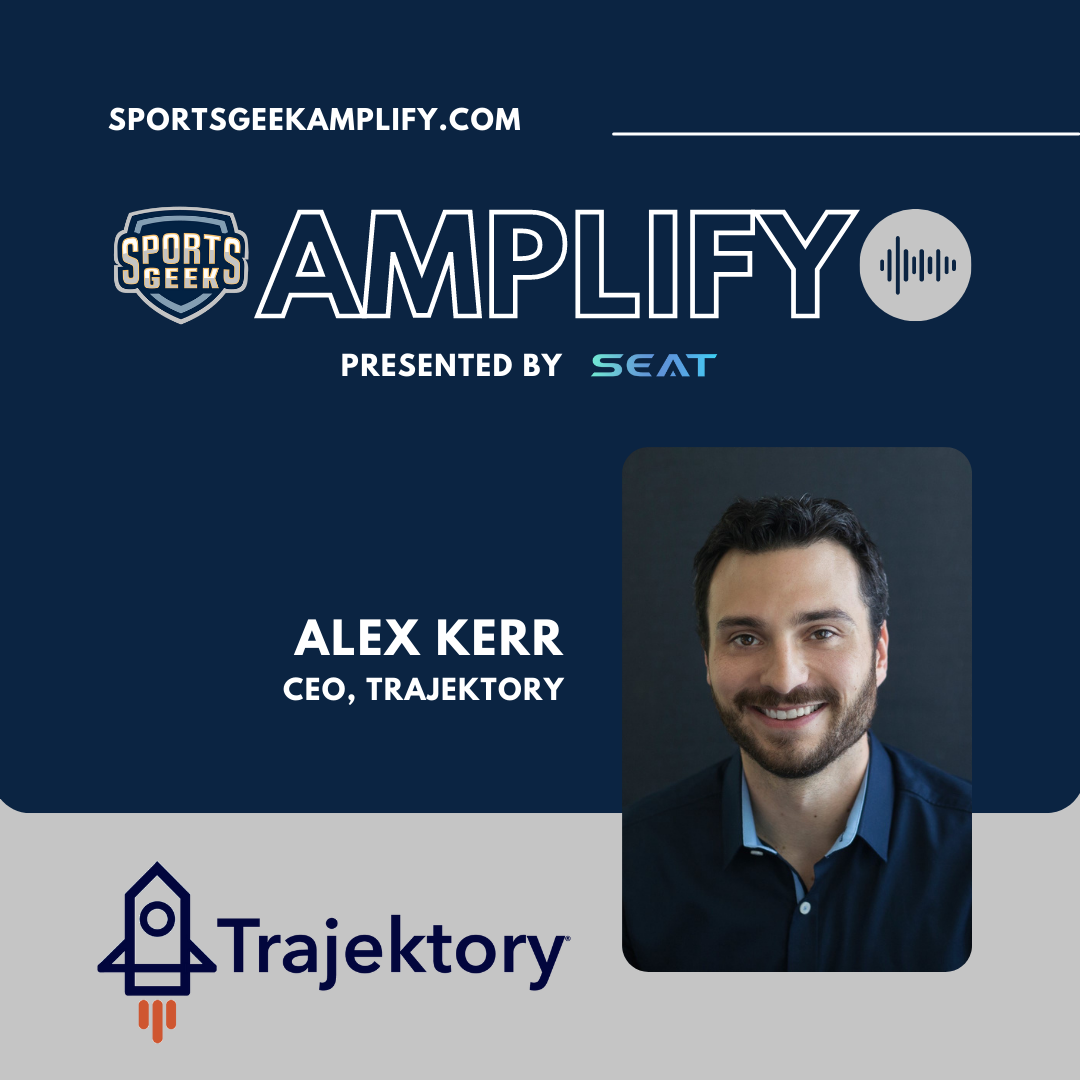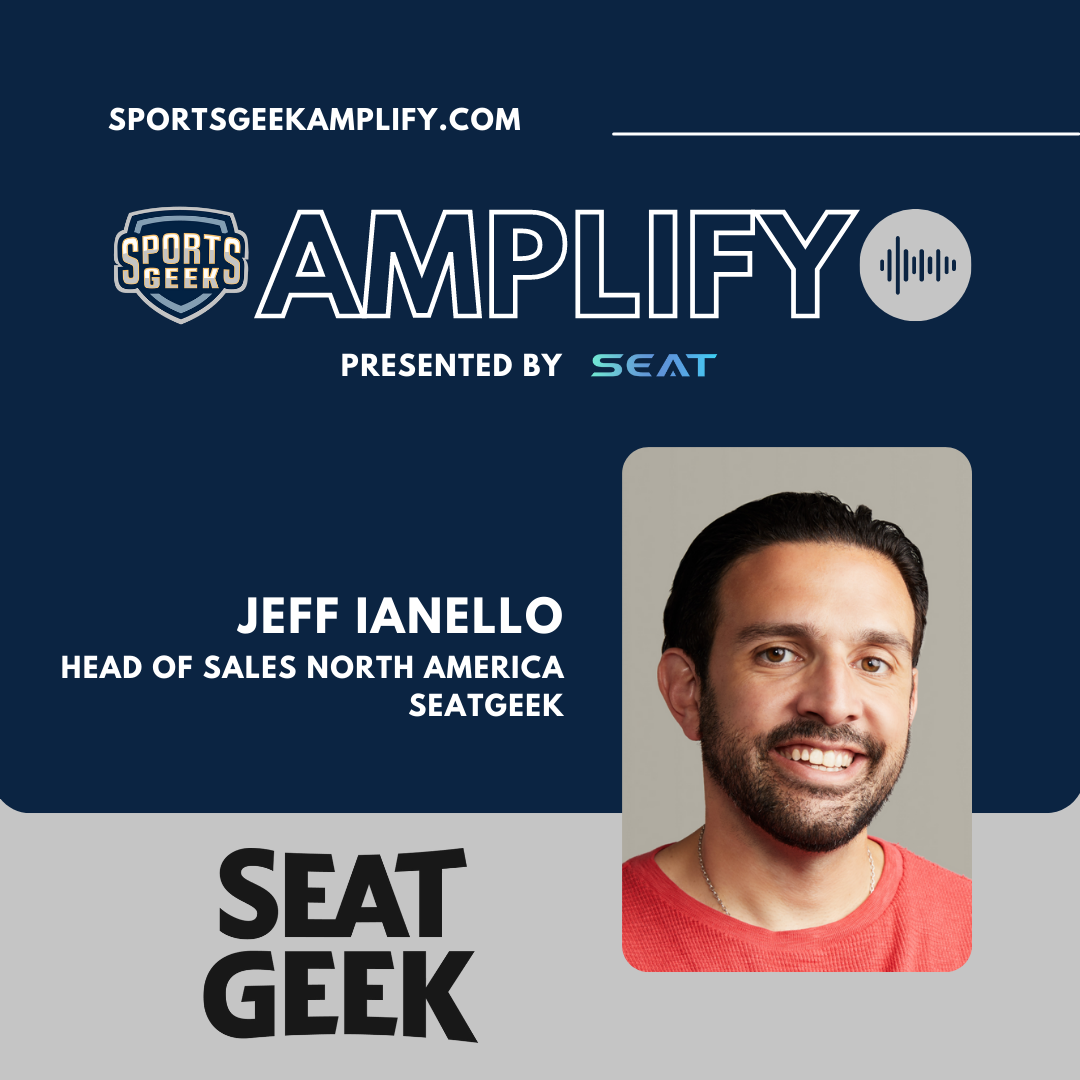Helping sports teams, leagues & athletes drive revenue from digital
Digital To Dollars
Sports Geek™ has developed the Digital To Dollars process, working with teams and leagues to build digital fan bases and develop sponsor campaigns that deliver.
You need to unlock more revenue! We'll help you to understand your audience better, develop compelling content and maximise digital platforms to discover the value you can bring to your partners and fans.
We'll help your digital and commercial teams work together to be ready to pitch your campaign to sponsors and understand how you can repeat the process for all of your digital assets and audiences.
Listen
Sports Geek™ is a sports business podcast hosted by Sean Callanan and is a must-listen for sports digital and sports business professionals.
Listen as Sean breaks down sports business trends and interviews sports business professionals from the USA, UK and Australia. Check out this episode with Mark Cuban.
With over 750,000+ downloads, you can learn more about the sports industry by subscribing to Apple Podcasts, Google Podcasts, Spotify and all good podcast apps.
If you want to know more about Sports Geek™, listening to the podcast is the best way.
We LOVE working with podcast listeners; please get in touch. We'd love to help you.
How Sports Geek can help you?
Need help now?
We work with sports teams, leagues & athletes to develop revenue from your digital efforts.
Book a call below to discuss how we can help you.
Ready to go? Book a Pick My Brain session with Sean Callanan to help your team deliver on digital initiatives.
B2B provider?
Are you a sports technology or solution provider to the sports industry?
Let's chat about our Sports Geek Amplify series to help you reach the Sports Geek podcast audience.


